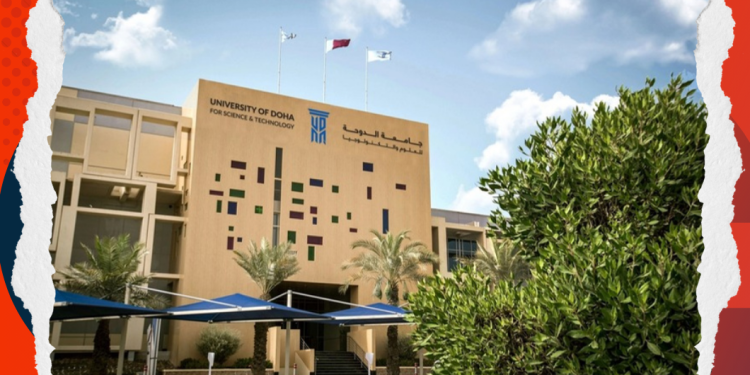The University of Doha for Science and Technology (UDST) and the Ministry of Communications and Information Technology (MCIT) announced their second Winter School in Artificial Intelligence and Software Engineering, set for January 2026.
First Edition Sets High Bar for Success
The inaugural Winter School exceeded expectations across multiple metrics. Over 94% of participants rated the program as highly relevant to their professional development. Additionally, 90% expressed a strong interest in attending future editions.
The first program brought together scholars, researchers, and students from Qatar and neighbouring regions. Participants attended more than 15 expert-led sessions covering various AI and software engineering topics.
These results demonstrate real demand for advanced AI education in the region. Qatar’s tech sector is growing and creating opportunities for skilled professionals who can bridge academic knowledge with industry needs.
Advanced Topics Target Industry Demands
The second edition will tackle complex subjects that mirror current industry challenges. Sessions will cover AI-driven industrial automation, responsible AI-driven software engineering, and multimodal models.
Participants will also learn about Large Language Model (LLM) agents and AI privacy risks with mitigation strategies. These topics reflect the practical skills that companies need as they adopt AI technologies.
Dr. Zakaria Maamar, Dean of the College of Computing and Information Technology at UDST, emphasized the program’s strategic importance. “The Winter School reflects our commitment to advancing digital skills and fostering innovation in Qatar and the region,” he stated.
Strategic Partnership Strengthens Qatar’s Digital Goals
The collaboration between UDST and MCIT demonstrates Qatar’s coordinated approach to building digital capabilities across academic and government sectors.
Duha Al-Buhendi, Director of the Digital Society and Digital Competencies Department at MCIT, highlighted this alignment. “The second edition reflects the Ministry’s commitment to strengthening Qatar’s digital competencies,” she explained.
The partnership connects academic research with government policy goals. This approach helps ensure that educational programs produce graduates who meet actual market demands.
Qatar’s Broader AI Strategy Takes Shape
The Winter School fits into Qatar’s larger artificial intelligence ambitions. The country established an Artificial Intelligence Committee under Cabinet Decision No. 10 of 2021 to coordinate AI initiatives across sectors.
Qatar’s Digital Agenda 2030 outlines six strategic pillars for building a thriving digital economy. The education component plays a crucial role in developing the human capital needed for this transformation.
Recent developments show Qatar’s commitment to AI leadership. In September 2024, the Cabinet approved plans for a National Center for Artificial Intelligence under MCIT. This center will accelerate AI adoption across the government and private sectors.
Regional Competition Drives Innovation
Qatar’s AI education initiative occurs amid intense regional competition for tech talent and investment. The UAE, Saudi Arabia, and other Gulf states have launched similar programs to attract international tech companies and develop local expertise.
This competition benefits the region’s overall tech ecosystem. Countries that successfully develop AI capabilities will attract more investment and create better opportunities for their citizens.
The Winter School’s international focus helps Qatar connect with global AI research networks. These connections can lead to collaborative projects and knowledge transfer opportunities that benefit all participants.
Building Tomorrow’s Tech Workforce
The program addresses a critical need in Qatar’s developing tech sector. As more companies adopt AI technologies, they require professionals who understand both technical implementation and practical applications.
The Winter School’s combination of lectures and hands-on workshops provides practical experience that participants can apply immediately. This approach helps bridge the gap between academic theory and industry practice.
Qatar’s investment in AI education today will determine its competitive position in tomorrow’s digital economy. Countries that develop strong AI capabilities early will have significant advantages in attracting investment and talent.














